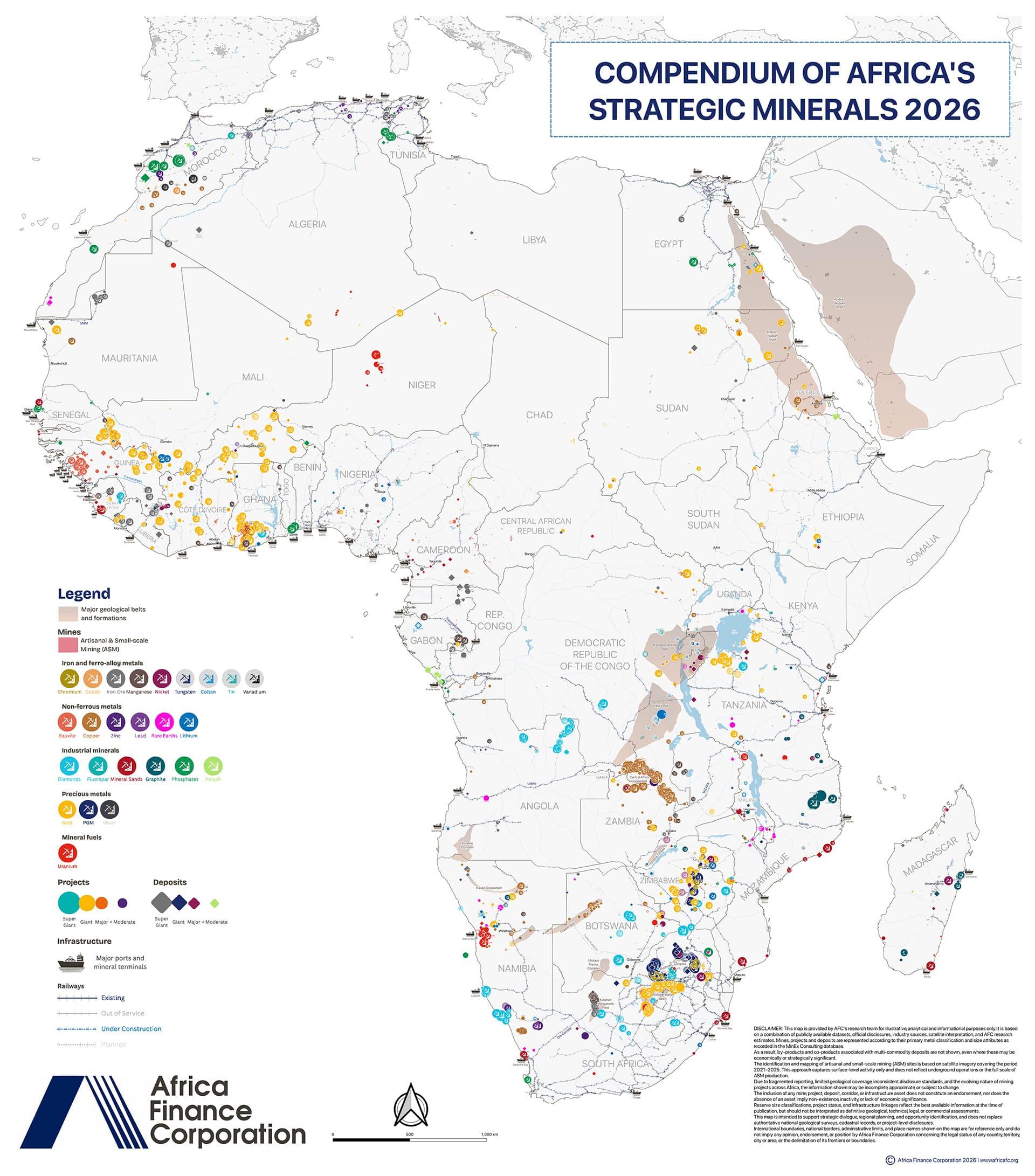
In pursuit of the growth and transformation of Small and Medium Enterprises (SME) across Africa, African Export-Import Bank (Afreximbank), in partnership with FCI, the largest global network of factoring companies, and the Egyptian Factoring Federation (EFF), recently played host to a two-day Workshop on International Factoring for Nothern Africa.
Organised in Cairo, Egypt from 10 to 11 December, the workshop was structured as a capacity building event to provide participants with a highly technical and intensive programme to boost the uptake of factoring among companies, particularly export factoring, and leveraging the resources and expertise of Afreximbank, FCI and the Factoring Federation in Egypt.
Delivering the opening remarks at the workshop, Mrs. Kanayo Awani, Afreximbank’s Executive Vice President, Intra-African Trade and Export Development, also a Member of the FCI Executive Committee and Chairperson of FCI Africa Chapter, said that the training would provide industry professionals with a unique opportunity to explore the latest trends, opportunities, and regulatory developments within the region’s factoring landscape, with expert-led sessions, case studies, and interactive discussions.
“It will also delve into best practices for factoring operations, risk management, and legal functions, ensuring a well-rounded understanding of both domestic and international factoring strategies,” said Mrs. Awani.
Mrs. Awani noted that, since 2010, the volume of Africa’s factoring business had tripled, reaching 42 billion Euros in 18 countries, while the number of factoring companies reached 185 entities, with 46 being members of FCI as at the end of 2023, representing 10 percent of the total FCI membership. She however noted that despite the milestones, factoring volume remained a paltry 1.2 percent of the global volume in 2023 and only 1.5 percent of the continent’s economy.
“If Africa is to promote an SME-led economic transformation, as has evidently been the case in advanced and frontier markets, we must aim to raise the factoring volume to at least 250 billion Euros (10 percent of Africa’s 2023 GDP),” she said, adding, “A key plank to achieving this lies in increased technical training and capability building of emerging and established factoring companies.”
Commenting on the event Dr. Islam Azzam, Vice-Chairman of Egypt’s Financial Regulatory Authority (FRA), highlighted the progress made in factoring in Egypt, stating that the authority had issued licenses to a total of 39 factoring companies between 2019 to 2023, compared to 7 in 2018, reflecting the country’s efforts to enhance financial inclusion and provide access to non-banking financial instruments.
Dr. Azzam added that the FRA issued three significant decrees focusing on fintech aiming to regulate the development and use of fintech within non-banking financial services and activities such as a regulatory sandbox that allows fintech startups to test innovative solutions in a controlled environment and implementation of regulations to support the use of digital identities and Know-Your-Customer (KYC) protocols.
Also speaking at the opening ceremony was Mr. Çağatay Baydar, Chairman of FCI. He said the workshop provided a unique opportunity for enterprises to explore the latest trends and regulatory developments and to discover success stories in international factoring and supply chain finance within the trade finance landscape. He expressed his gratitude to Afreximbank for partnering with FCI to raise awareness around factoring in Africa and the Caribbean.
Afreximbank, FCI and partners have previously conducted similar workshops in line with the Bank’s regional focus in Senegal, Nigeria, and Zimbabwe, as well as a webinar that drew participants from across the Caribbean region.




